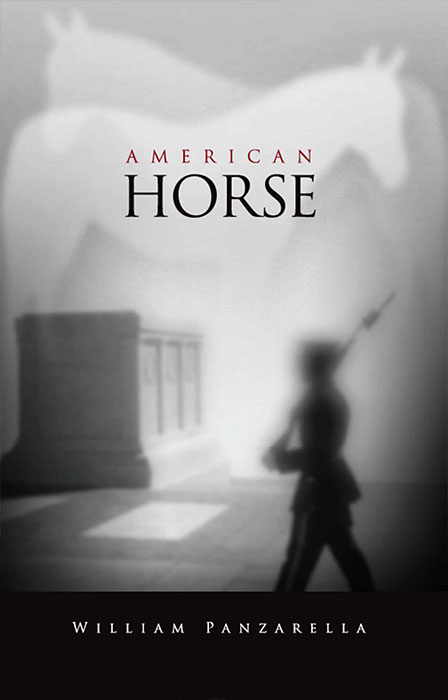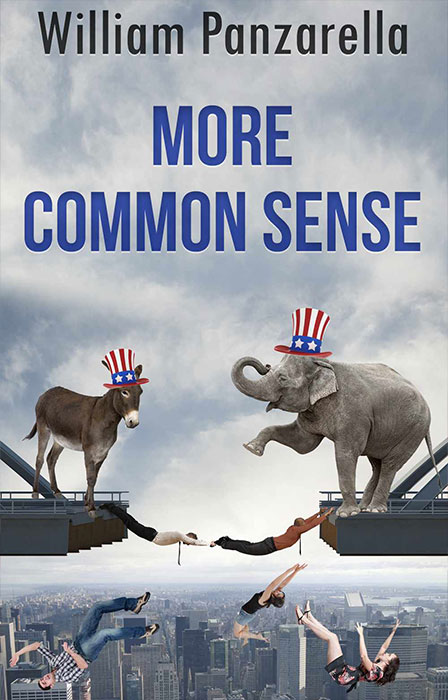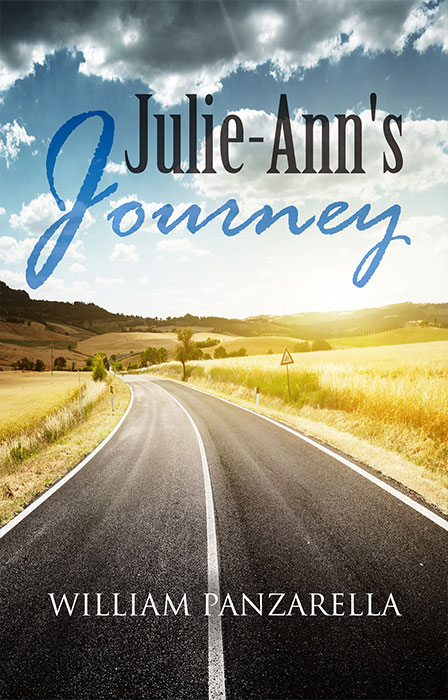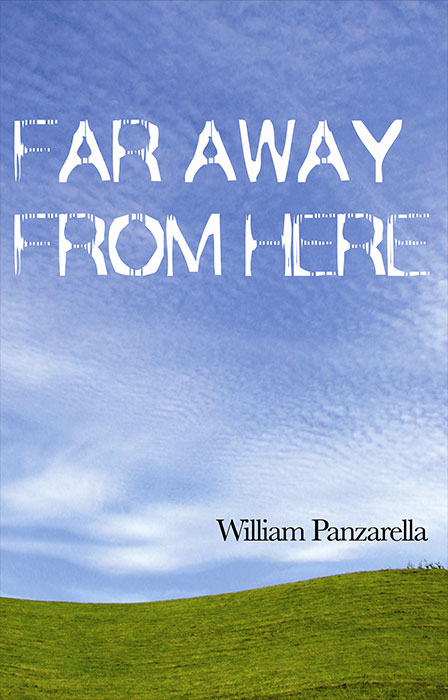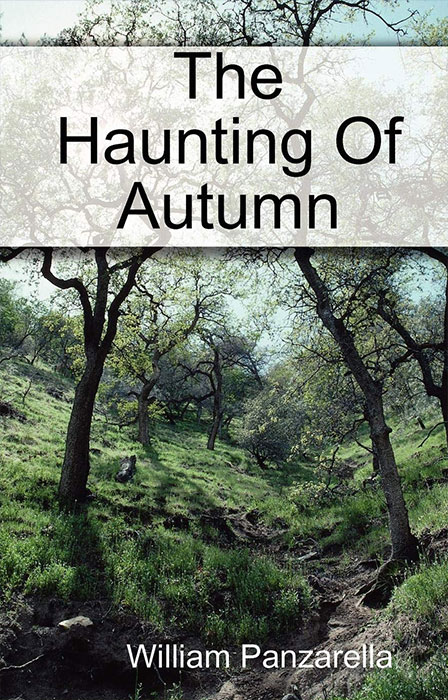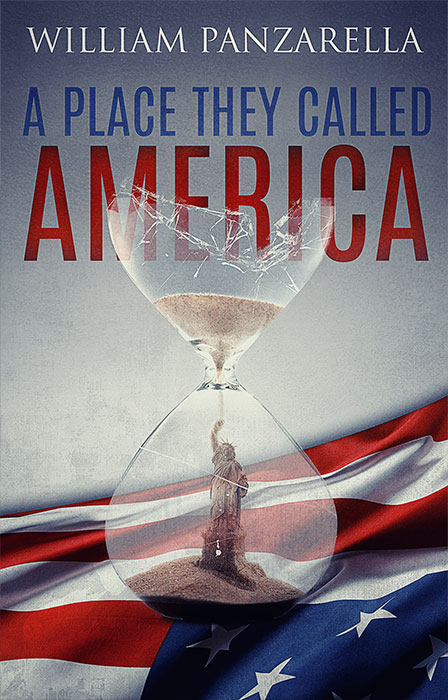The Fate Of Man
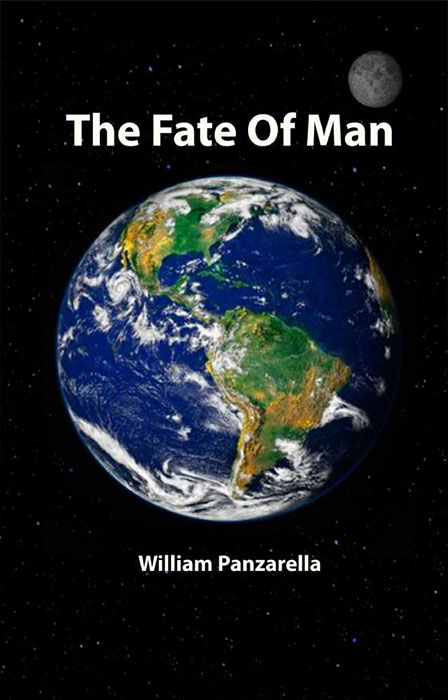
I never knew my father. Yet I would often have the same dream of him standing by my side, holding my small, child-like hand. Though I can never see his face, I know that it is him. There we are, in the middle of a pale day, standing on a beach, staring out into an infinite sea. In a deep, but tranquil voice he always says the same thing: “If a man stood at this same spot a thousand years ago and looked out into the horizon, he would see the exact same view. You would never know that anything else in the world has changed. That’s why I love staring out into the ocean.” As always, I say nothing, just stand there watching and listening, soaking it all in, mesmerized by the grandiose sight. It feels so real: the small, white-capped waves slapping gently on the shore; the soft sand under my bare feet; the warm comfort of my father’s oversized hand. My father looks down at me, though I still cannot see his face. “It’s all yours now Shepard. It is time for you to inherit the earth.” Then, as it always does, just like that, the dream ends.
My father, Michael, died right before I was born. But I knew all about him, about his legend. My father grew up in what we now call the Old World. It was a world of technological marvels, unfathomable luxuries, and an exuberance of food. But the people of this world were embroiled in tension, greed, arrogance, and strife. Over the years they would wage many wars, across vast lands and oceans. But as their technology advanced, so did the devastation of their weapons. In fact, for many decades the entire world lived under an umbrella of fear that one day nations would wage war using the ultimate weapon ever constructed: the nuclear bomb. It was a weapon so powerful that just one bomb could wipe out hundreds of thousands, even millions of people. And numerous nations had these doomsday devices; two countries in particular, each possessing thousands of them. Then one day, the inevitable happened. It would be called the Last War—not because it was the most recent, but because after it, there would not be enough people left to wage another one.
Purchase
As nuclear tensions in the Old World reached a feverish pitch and all-out war seemed all but certain, my father, along with my mother, led a group of twenty-eight people to a remote location in the mountains of Montana. Among them were a doctor, nurse, and engineer. They were all, however, either family or friends of my father. And children made up ten of the twenty-eight. They brought with them literally thousands of pounds of supplies: food (mostly canned), water, clothing, batteries, lanterns and flashlights, fuel, generators, guns, even volumes of books. After all, when the bombs started falling, they would have to spend at least a year underground.
As if the catastrophic force of the nuclear bombs’ initial explosion was not destructive enough, turning square miles of city blocks into dust, they also presented a silent killer that would linger for decades, possibly even centuries. It was called radiation. This invisible killer would be carried in the air to all corners of the globe and rain down its apocalyptic poison, contaminating plant, crop, water supply, animal, and man. Depending on the amount of contamination it could lead to severe sickness, disfigurement, but mostly, eventually, to death.
Trying to escape both the blasts and subsequent radiation, my father led the original settlers, as they would come to be called, to a large, abandoned underground bunker in the northwestern mountains of Montana. The bunker had actually been created by the government half a century earlier for just this purpose, to survive a nuclear attack. But for reasons that were never really clear to me, the peoples and governments of the world began to think that perhaps an all-out nuclear holocaust would never come to fruition. So eventually, the fortified bunker was abandoned by the government, though it retained the rights to the land. At some point my father, from what I have been told, bought the property for practically nothing. As the story goes, my mother and everyone else thought he was crazy at the time. Later, they would wind up thanking him for saving their lives.
My generation was not taught much about the Last War itself. Perhaps it was because the actually war did not last long—it did not take long to destroy the world—and the original settlers spent all of that time holed up in the bunker. Then again, no one even spoke much of what precipitated the war; what caused it or who started it.
After nearly a year underground in the bunker, which had water pumps and lights that worked on generators, several different large chambers and a ventilation system, the original settlers finally made their way back to the surface. Almost out of food and water, which they had sparingly rationed, they began to hunt and explore. However, with radiation levels still dangerously high—they had an instrument to measure it—even in their secluded area, they still spent most of their time underground. Eventually though, they began staying above ground for longer and longer periods of time and started building wooden cabins on the site, to complement the bunker. There were no plans to ultimately return to the homes from where they had come. There was a good chance that they did not exist anymore. So Camp Lakota, as my father named it, became their new, permanent home.
In the first few years, however, some people did leave to either find their old homes or just to see what else was “out there.” Some returned, all with similar, horror stories about what they had found. Most though, never returned. But people did not just leave Camp Lakota. They also began dying. Despite being careful, many contracted radiation poisoning, either by eating contaminated food, drinking contaminated water, or just from the poisonous air. But as some left and died, other newcomers arrived. It did not happen often, but from time to time a person or group of people would wander into our home. Some were just nomads, looking for shelter, food, and water. Others had ill intentions, looking to either steal our supplies or kill us all and completely take over our camp.
It was during the originals settler’s fourth year at Camp Lakota that I was born. I was told that my father died when we has fatally wounded in a skirmish with bandits trying to infiltrate the camp, just two weeks before my mother gave birth. However, my parents had already decided on a name for their expected first and only child. I do not know what name they had chosen if my mother had had a girl. But she had a boy and I was named Shepard. It was my father’s idea. I was told that he named me after Alan Shepard, the first American to ever venture into space.
Unfortunately, I have only faint, blurry images of my mother. She fell ill—not with radiation, but rather a virus—and died when I was only four years old. I was raised by surrogate parents, who loved and took care of me as if I were their own child. In fact, everyone at Camp Lakota had a hand in raising me. Then again, everyone did everything they could to help each other at Camp Lakota. Though only some of us shared blood, we were all family. Still, obviously I wish I could have better known my biological parents. I felt robbed. But I did not complain. Life expectancy at Camp Lakota would eventually reach no more than twenty years old. Many children lost both their parents. And many parents lost their children. In the harsh, radiation and diseased-filled world we now lived in, numerous babies never even made it past infancy.
Naturally, I missed both my mother and father (even though I never really knew them). But, even though my mother was revered, my father had become a legend. He not only brought the original settlers to Camp Lakota and became their de facto leader, but was also said to have been the bravest man anyone had ever seen. Whenever there was a battle, he was the first to charge into harms way. In a battle with a group of nearly a dozen armed bandits, the one that would ultimately lead to his death, though shot in the shoulder and struck in the stomach with an arrow, after dragging two of his wounded comrades to safety, he returned to the fight and helped kill the last remaining rebels before collapsing from his own wounds. He was also a selfless leader. I had been told time and time again, as we all had, that my father would not eat until everyone else in the camp had eaten. Besides the courage and valor he exemplified, my father also left another legacy: one of hope. He had preached that despite the horrors that man had inflicted upon the world—and each other—and the merciless environment we lived in that there would come a day when a new world, a new society would rise out of the forlorn ashes of the old. And when it did, it would mark the coming of a thousand years of peace, renewal, prosperity, and innocence.
It seems strange to me that of all the times I dream about my father, it’s always the same dream. But though it is a short and seemingly simple dream, I cannot get it out of my mind. Sometimes, even when I am awake I think about the two of us standing there on the sandy shore, gazing out into that endless ocean. Ironically, I had never seen the ocean myself.
My father would be a difficult man to live up to, a seemingly impossible shoe to fill. Though we had it rough at Camp Lakota, everyone here feels they owe their life to the man, even though there are only a few left who had ever known him. Yet this is not a story about my father. It is my story. But then again, in the end, it is the story of every man.
